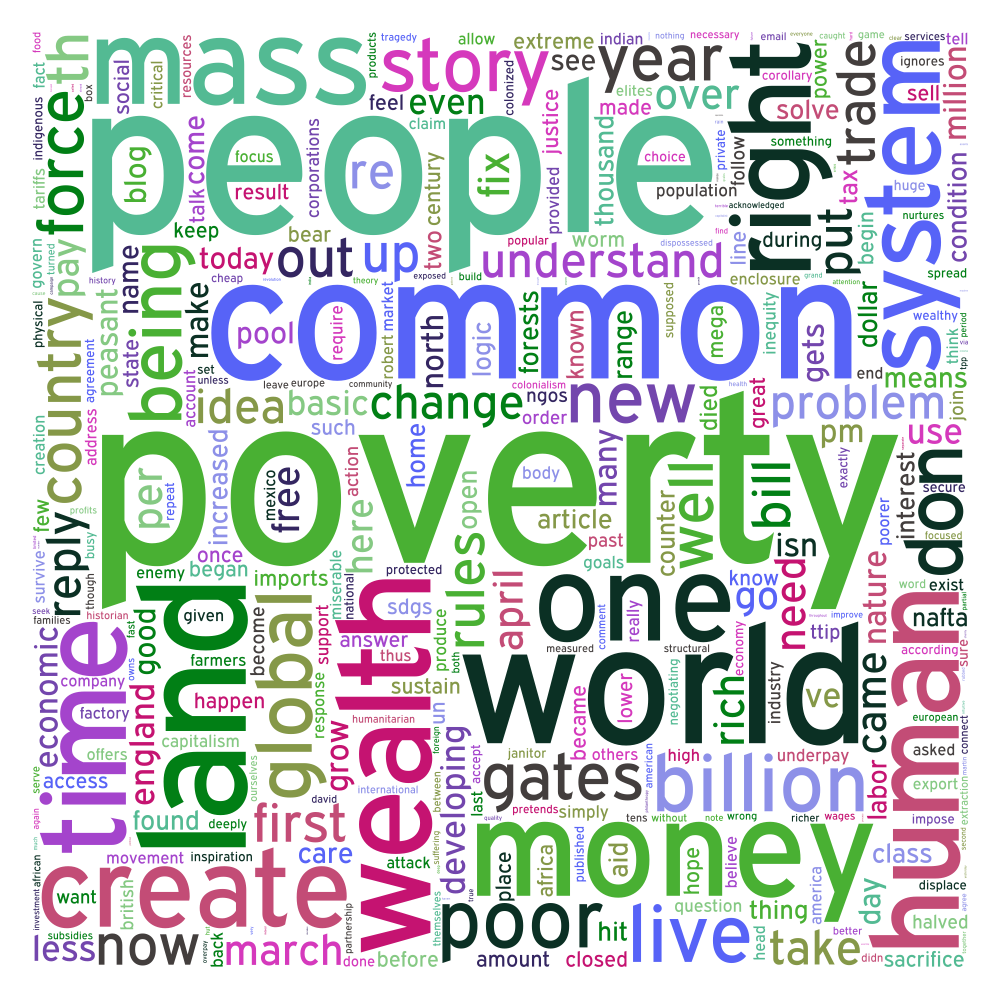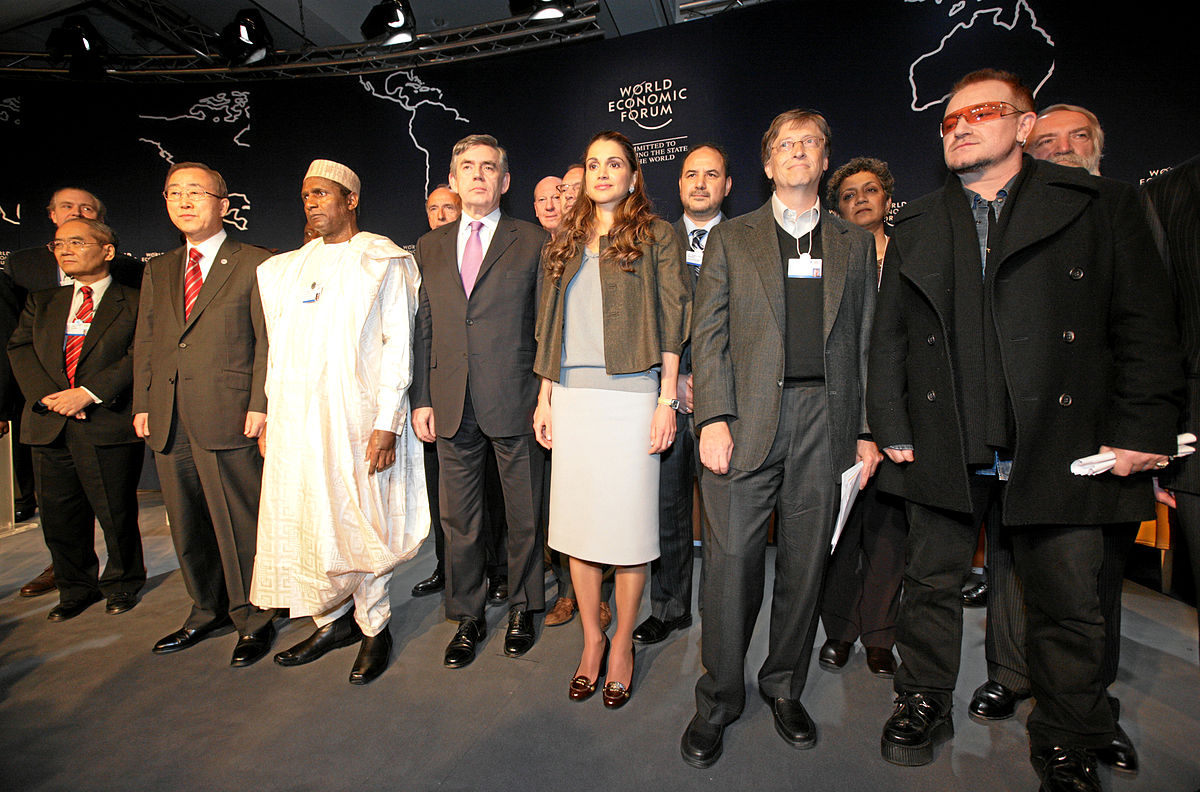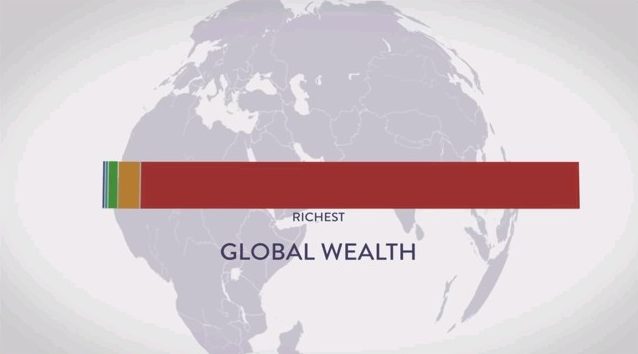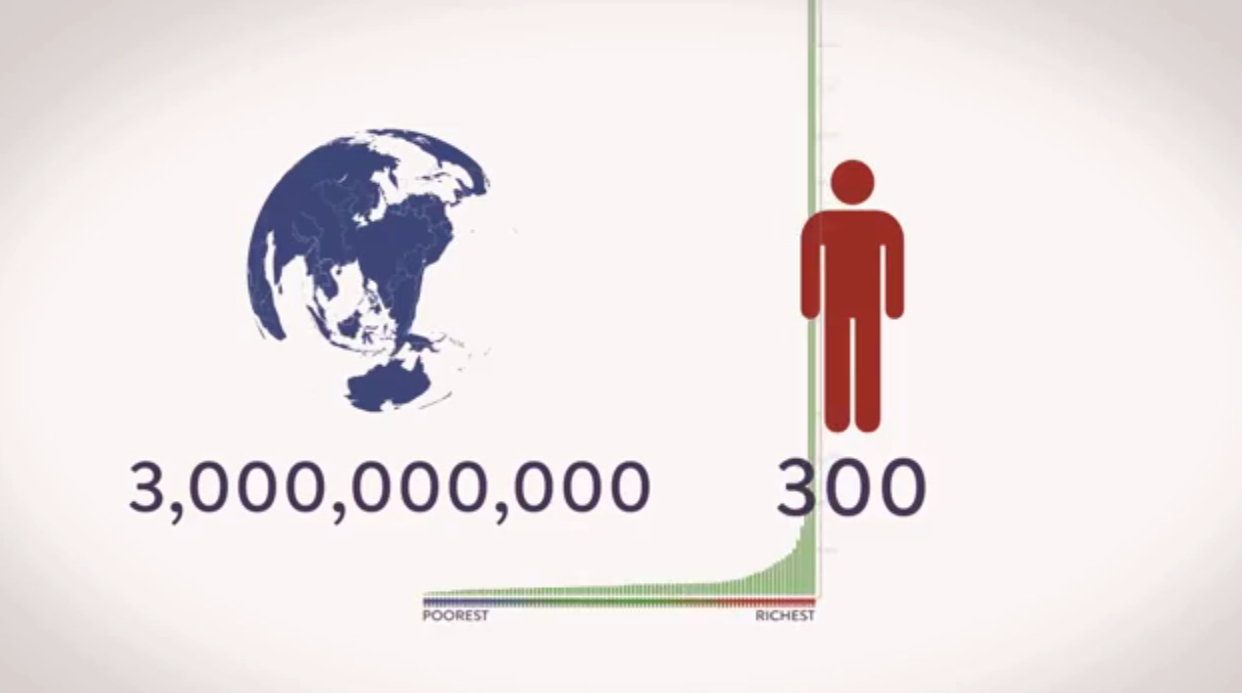
By David Sloan Wilson, Robert Kadar, and Joe Brewer
This article originally appeared on Evolution Institute.
In a recent article published in This View of Life, the distinguished social scientist Anthony Biglan documents the declining quality of life in America and makes a case for a more nurturing form of capitalism. As a rallying cry, he calls for a new Powell memo.
The reference is to a letter that Lewis Powell, a corporate lawyer who was to become an Associate Justice for the U.S. Supreme Court, wrote to a friend at the U.S. Chamber of Commerce in 1971 calling for an organized effort by corporate America to influence legislation and public opinion in its favor. Before the Powell memo there was the Mont Pelerin Society, which formed around the Austrian economist Friedrich von Hayek in 1947 and had the same goal. Both efforts were strikingly successful at molding the current US and world economy through the formation of think tanks and lobbying organizations.
As Biglan notes, the Powell memo is richly ironic by calling for a group effort to preach the gospel of individualism. Biglan also invokes multilevel selection theory to question the root assumption that what’s good for the individual and corporation is good for society as a whole. Nothing could be more basic to the economic paradigm that the Powell memo sought to establish—and nothing could be more wrong from an evolutionary perspective.
The key insight of multilevel selection is that the unregulated pursuit of self-interest at any level of a multi-tier social hierarchy, such as an individual person, corporation, or nation, tends to undermine functional organization at higher levels. Put simply, what’s good for me is not necessarily good for my family. What’s good for my family is not necessarily good for my clan. What’s good for my clan is not necessarily good for my nation. What’s good for my nation is not necessarily good for the global environment or economy.
The declining quality of life that Biglan chronicles in his article—and in more detail in his new book The Nurture Effect—is therefore to be expected from an evolutionary perspective. A powerful faction has cooperated to advance its collective interest at the expense of the society as a whole. It is important to stress that this might not be how Powell, Hayek, or any other booster of unrestricted capitalism thinks about it. They might believe their own gospel to the depth of their souls—but the actions that follow from their belief will have the same consequences as if they meant harm.
We agree with Biglan that a new Powell memo is in order. In other words, a cooperative effort is required to establish a new economic paradigm that will improve the quality of life for society as a whole, not just a privileged faction. It is important that Biglan labels the new paradigm “Nurturing Capitalism”. He is not denying the positive aspects of market and other self-organizing processes, only the need to manage them intelligently. The new paradigm is exactly that—something that doesn’t fit into any current ideological categories.
We think that the intellectual resources already exist to work toward a more nurturing capitalism—but that’s not good enough. The Mont Pelerin Society and the Powell memo succeeded through the formation of institutions that worked together in a coordinated fashion to accomplish the hard work of societal change. Who will be the individuals and organizations that step forward to mount this cooperative effort? Historians will credit them with a role in improving the quality of life during the rest of the 21st century.
The Evolution Institute is one organization that has stepped forward. It connects the world of evolutionary science to the solution of real-world problems with its projects and two communication outlets, This View of Life (which published Biglan’s article) and the Social Evolution Forum (which is publishing this commentary). Economics is a major focus of the EI, including a conference organized with Germany’s Ernst Strungmann Forum titled Complexity and Evolution: A New Synthesis for Economics, which was held in February 2015.
Now the editors of TVOL and SEF have created a website called Evonomics to serve as a gathering place for people who want act upon Biglan’s new Powell memo. A number of distinguished economists, social scientists (including Biglan), and evolutionary scientists have already joined our advisory board and our mailing list exceeds 800 people. Please add yourself to the newsletter so you can become part of what we are trying to build. You are also welcome to contact us directly to discuss how you can contribute to making nurturing capitalism a reality.









repeatedly amazed about how difficult it seems to be for some or even many that the “one cake” nature is allowing the human species to bake each year has got to be shared on a fair basis of course.
respecting nature’s needs as well.
fair and not fair; it is pretty simple to identify.
and are we living in a fair human world? obviously mostly not.
not sure whether the term “capitalism” is even a valuable term any more; how about a system based on cyclic prosperity?
as there is no constant growth in nature.